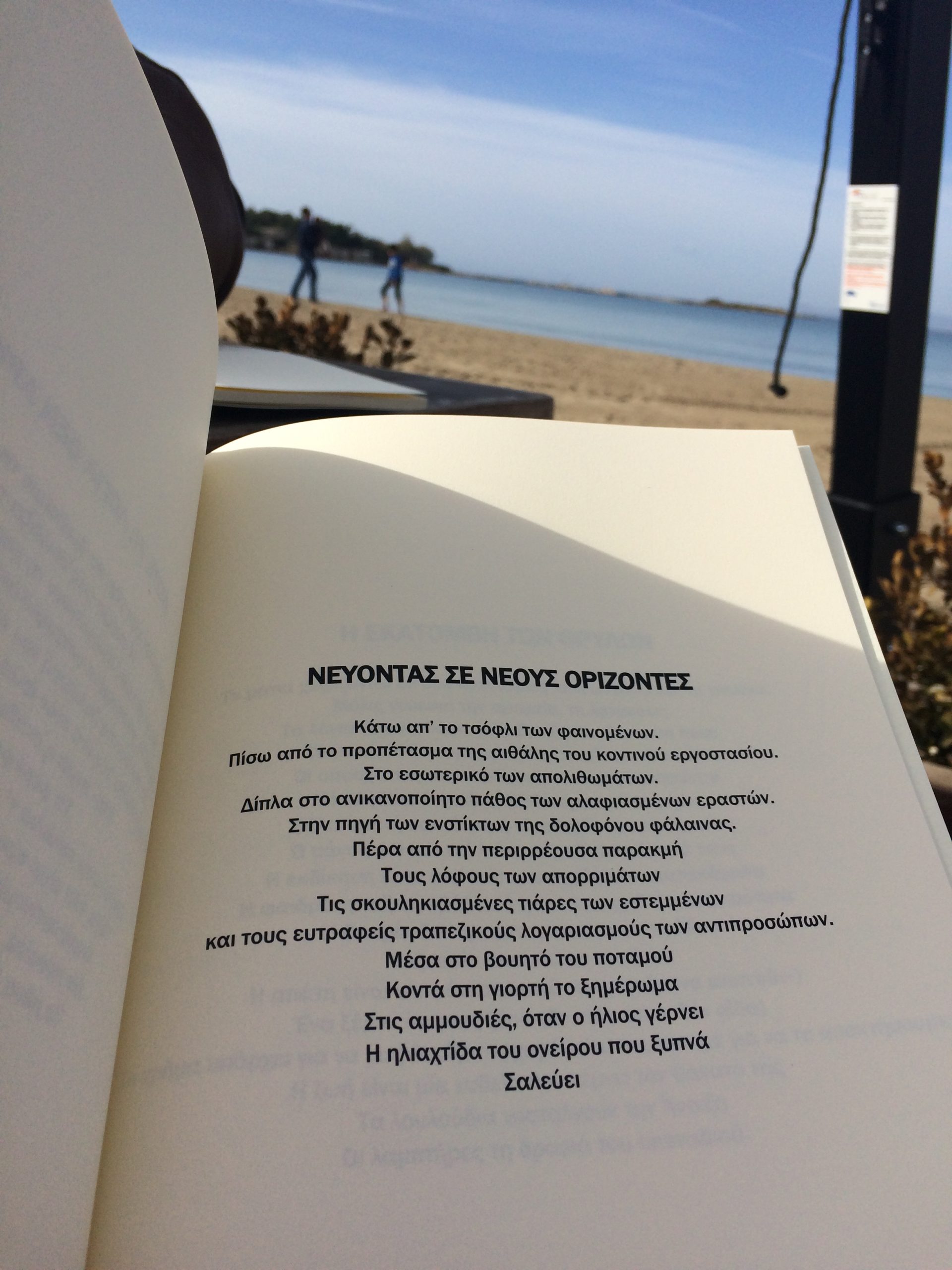
04 Mar DETOX TOURISM | The so-called Detox Tourism
Technological disconnection has become a tourist attraction in itself: digital detox tourism celebrates temporary disconnection as a means to experience an “authentic” world. With pervasive digital media and a strong push to be available 24/7, this tourism must not only answer the question of what needs to be done to disconnect, but it must also highlight the benefits that disconnection can offer.
Disconnection has become a marketable entity, promising to help us get off digital networks, at least for a while. Within this broader context of emerging disconnection cultures, digital detox tourism has a special place. Disconnection is characterized as a valuable and positive experience.
Digital detoxification refers to a period of time during which a person abstains from using technological devices such as smartphones, televisions, computers, tablets and social media sites. “Detoxification” from digital devices is often seen as a way to focus on real-life social interactions without distractions. By abandoning digital devices, at least temporarily, people can let go of the stress of constant connectivity.
Before deciding if it is right for you, consider some of the potential benefits and methods of digital detoxification. There are many reasons why you may want to give up your cell phone and other devices for a short time. You may want to enjoy time for yourself without the hassle of your phone and other devices. In other cases, you may feel that using your device has become excessive and adds a lot of stress to your life. In some cases, you may even feel addicted to your devices.
While people often feel that they cannot imagine their lives without their technological devices, research and studies have found that the use of technology can also contribute to stress.
Some signs that you may need digital detoxification:
- You feel anxious or anxious if you cannot find your phone
- You feel obligated to check your phone every few minutes
- Feeling depressed, anxious or angry after spending time on social media
- You are concerned about the crowds of likes, comments or reposts on your posts on social networks
- Fear that you will lose something if you do not continue to control your device
- You often find yourself staying up late or waking up early to play on your phone
- Have trouble concentrating on one thing without having to check your phone
Once you have decided, inform your relatives so that they do not worry if they do not see you “active” for a long time, since it is not something that is common. Ask your place of residence to turn off access to the room or house you are staying in or simply turn off the phone or other appliances you normally have with you and hide them in a drawer.
Find out what is available to do at the destination you are going to and you may be able to do:
- Read a book
- Go Cycling
- Go hiking
- Practice yoga
- Go fishing
- Go sailing
- Indulge in some art or craft
- Take pictures with a camera
- Go for a picnic
- Try wine tasting
- Start drawing
The last thing you want to do is arrange a vacation that does not suit you, as an individual. If you do, you may get bored after the first day and end up picking up the phone.
The most refreshing aspect of technology-free tourism is the way it allows you to regain control of your life. Your mood and schedule are no longer based on a simple piece of technology – you decide what to do. The health benefits, including increased mental positivity and reduced stress levels, speak for themselves.

